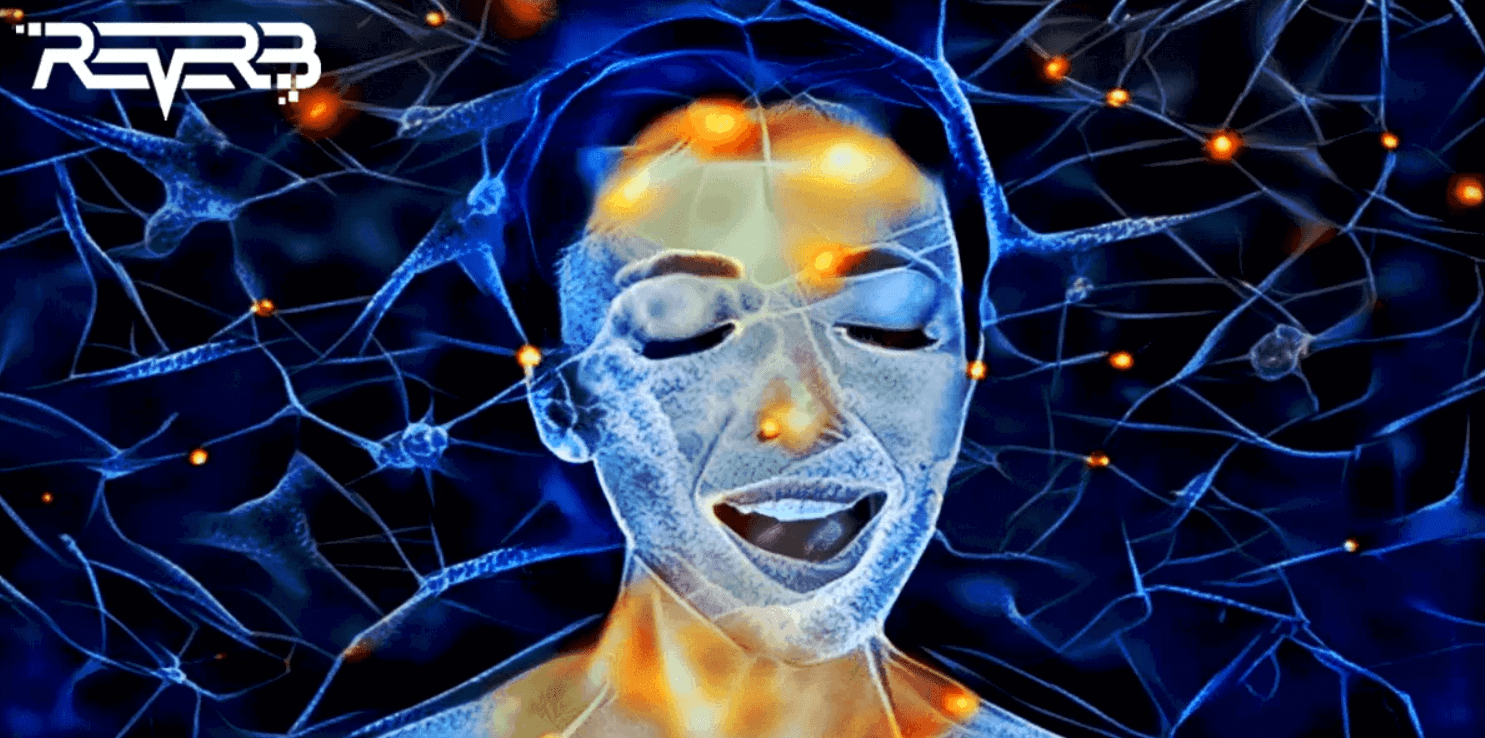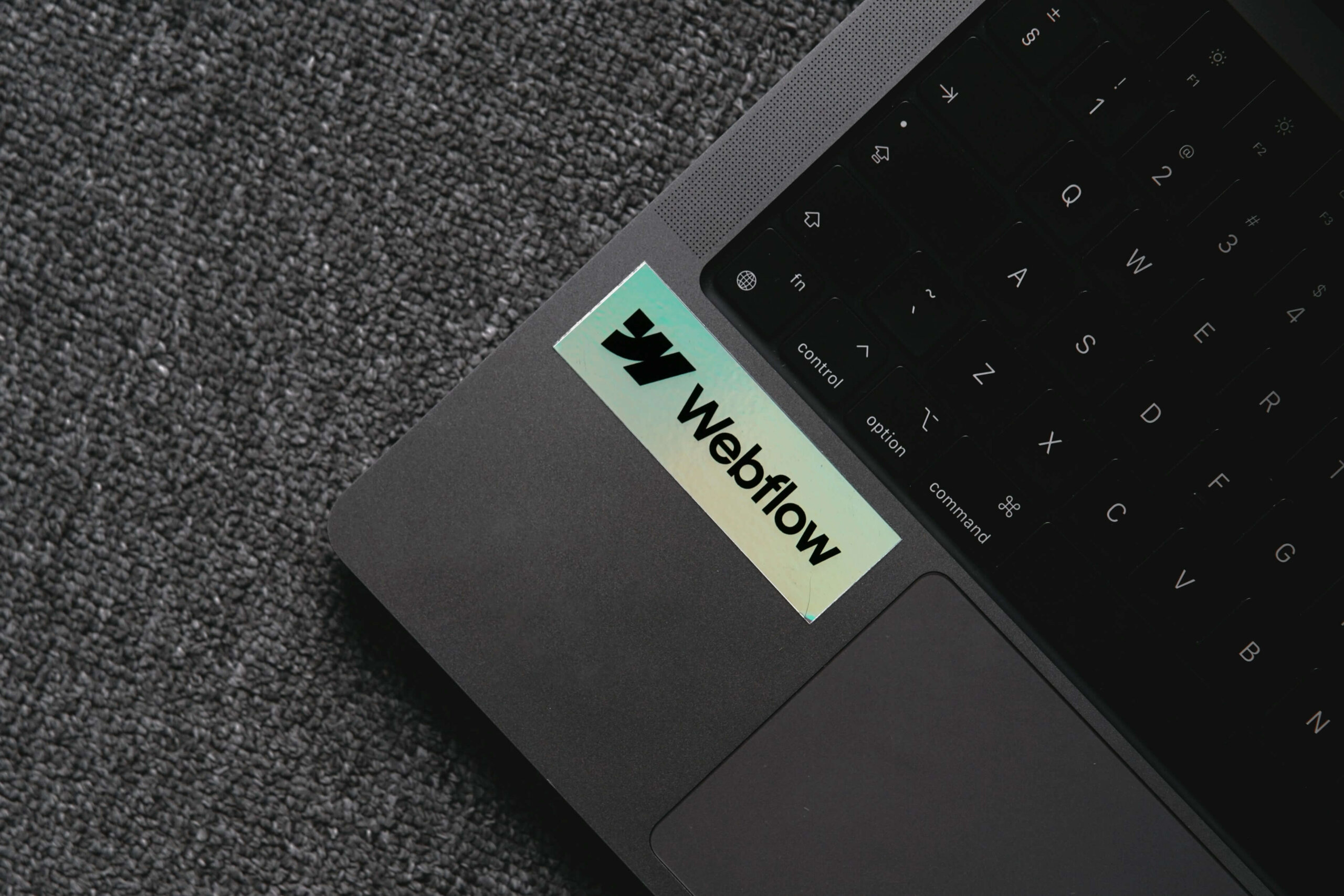Today, artificial intelligence is a key technological trend extending to new areas and finding applications in a wide range of tasks. Global investment in it exceeds $500 million, and, according to forecasts by the international research company, Markets and Markets, by 2020, the market for AI will grow to $5 billion through the use of machine learning technologies and natural language recognition in advertising, retail, finance, and healthcare. It is impossible to imagine the future without AI. To remain competitive, companies must actively implement AI-based technologies in their work.






